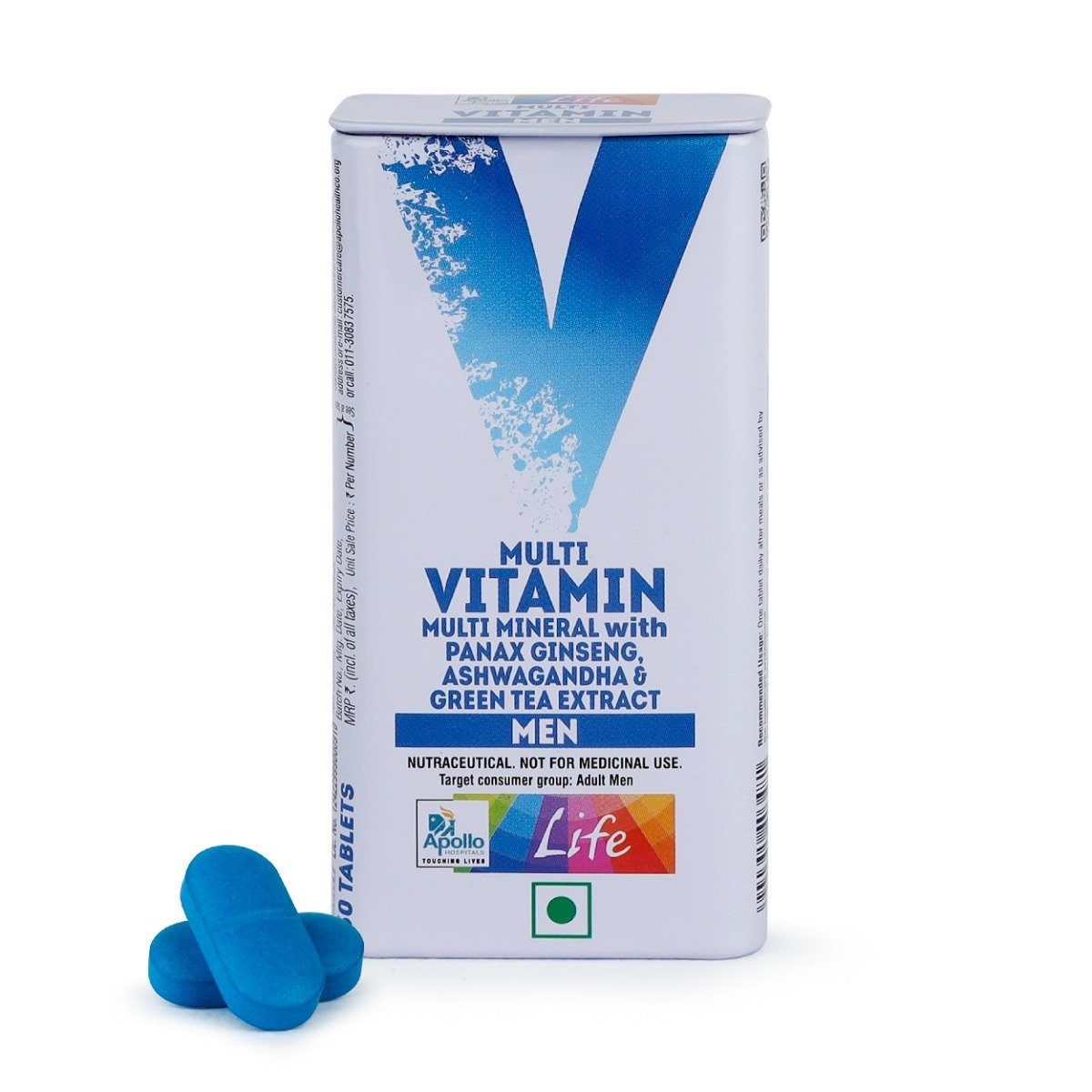Astymin 3 Injection
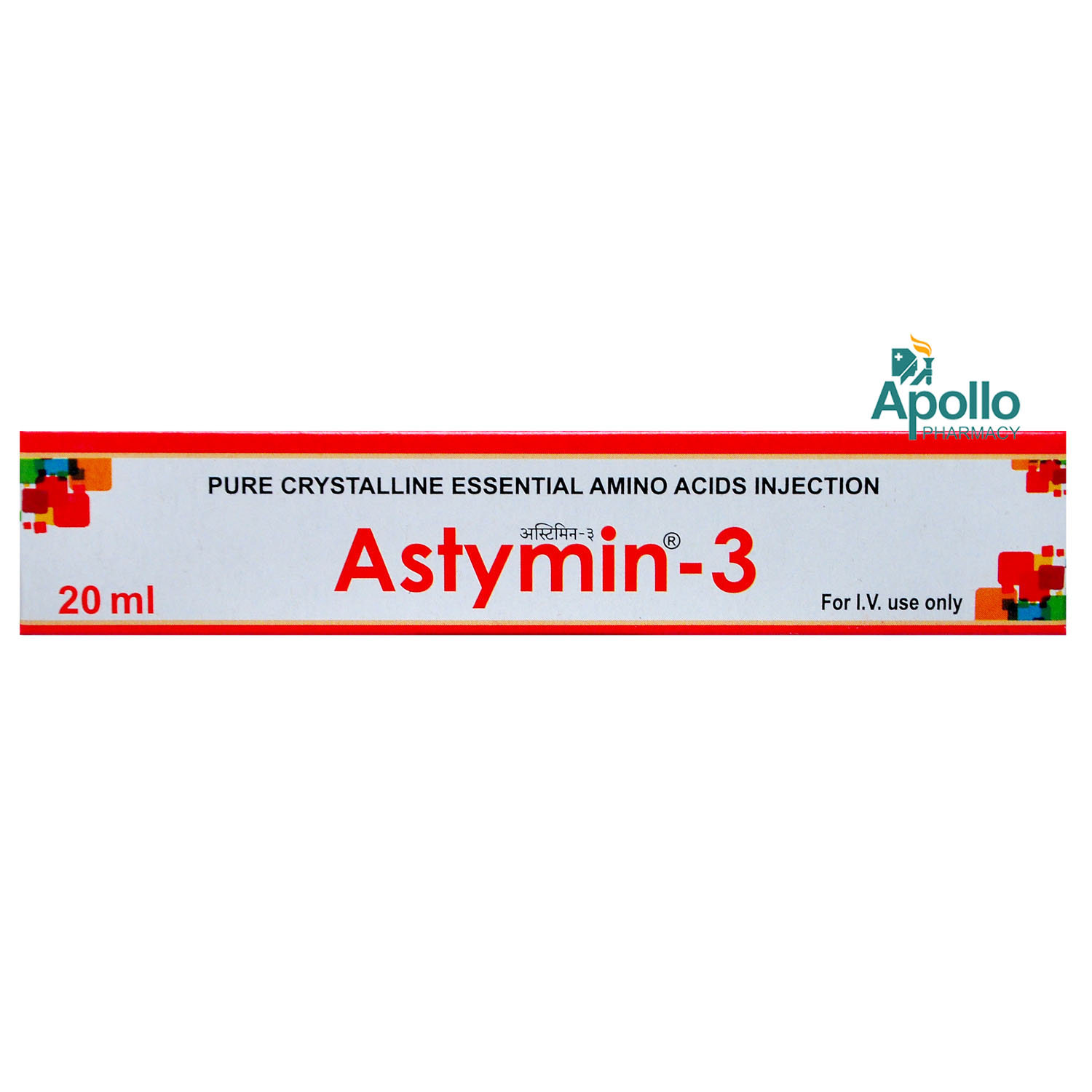
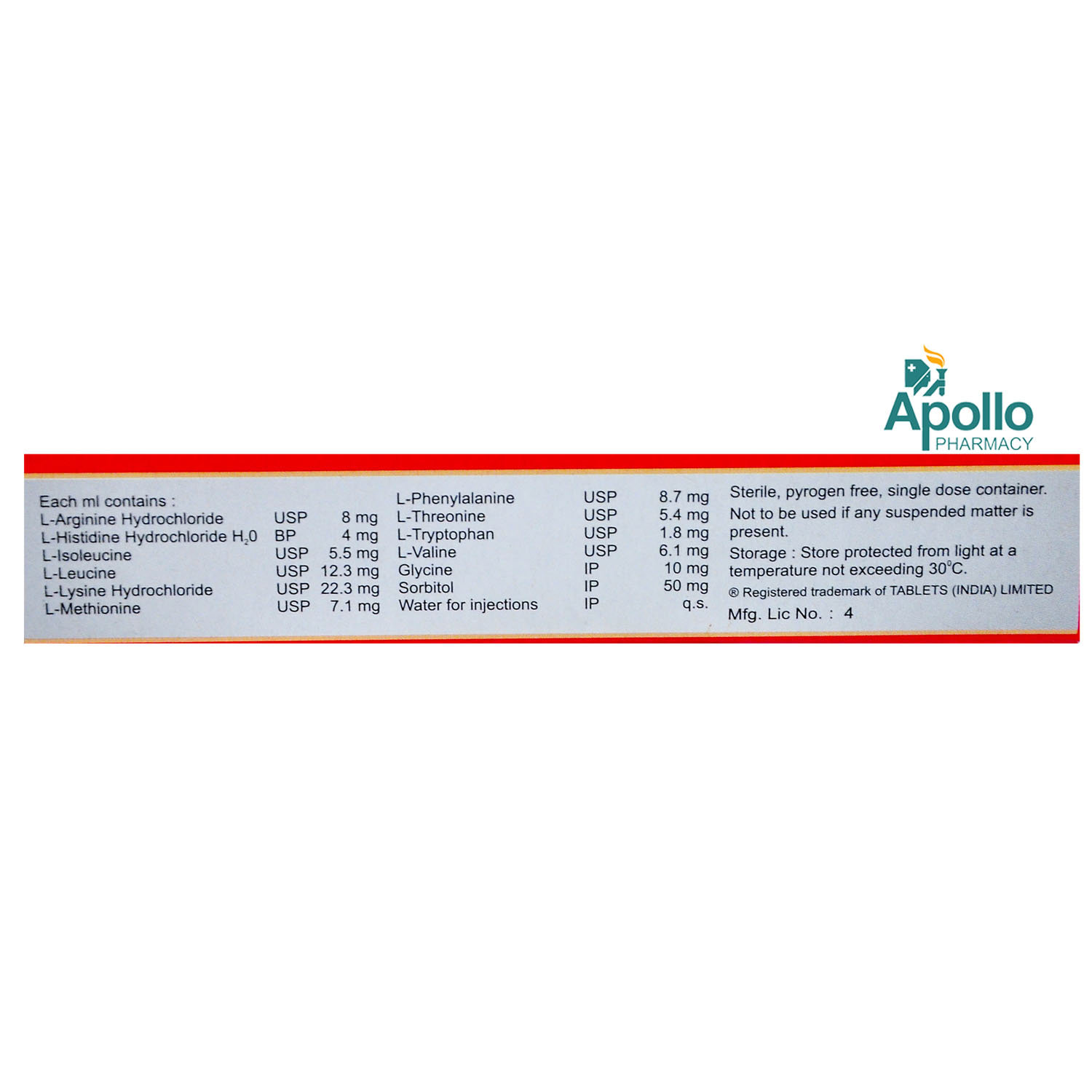
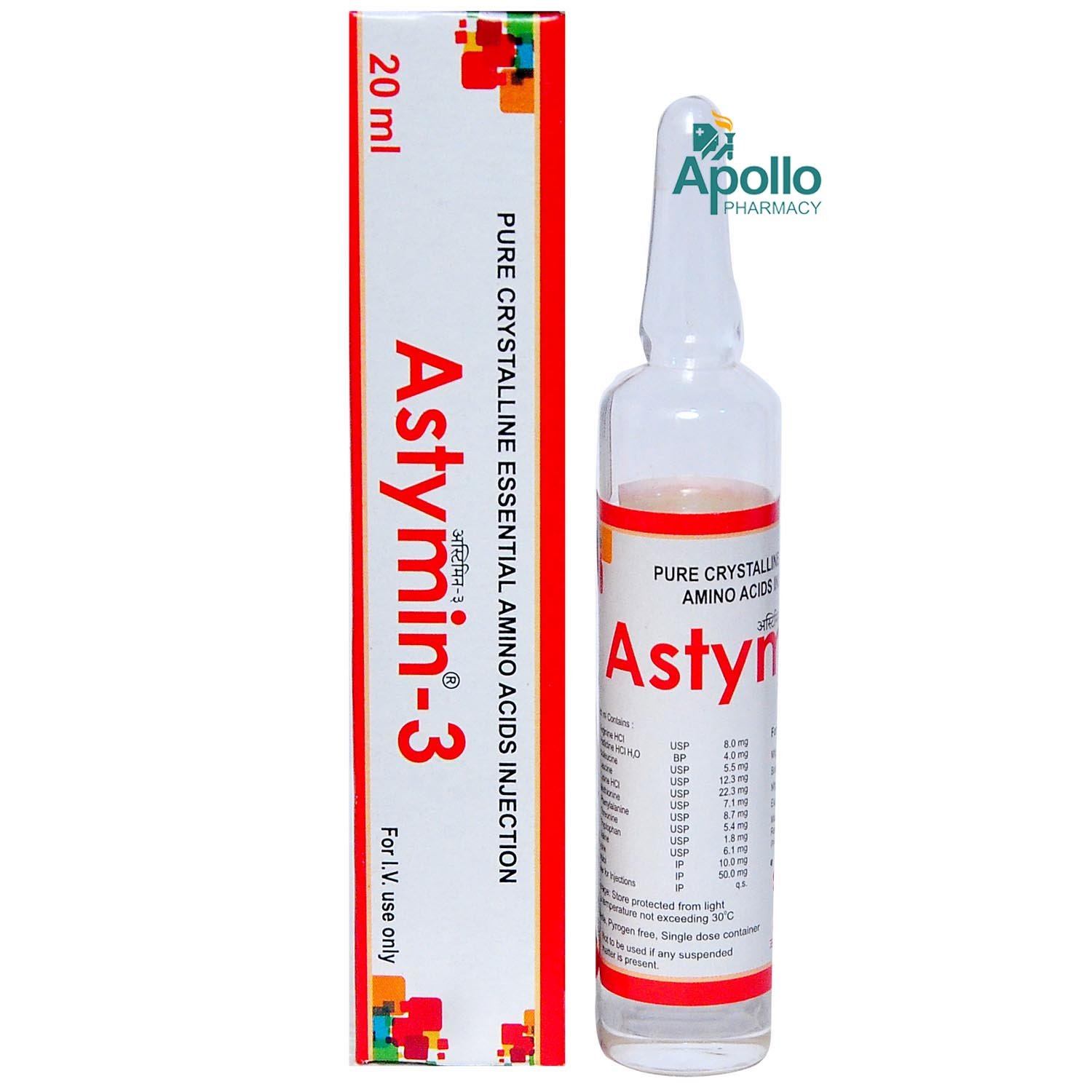
MRP ₹170
(Inclusive of all Taxes)
₹25.5 Cashback (15%)
know your delivery time
Provide Delivery Location
Manufacturer/Marketer :
Consume Type :
Expires on or after :
Return Policy :

Secure Payment

Trusted by 8 Crore Indians

Genuine Products
Therapeutic Class
Country of origin
Manufacturer/Marketer address
Disclaimer
Alcohol
Safe if prescribed
There is not enough literature to explain the effects of alcohol on Astymin 3 Injection. Please consult your doctor before use.
Pregnancy
Consult your doctor
There is not enough literature to explain the effects of Astymin 3 Injection on pregnancy. Please consult your doctor in case of any concerns.
Breast Feeding
Consult your doctor
There is not enough literature to explain the effects of Astymin 3 Injection on breastfeeding. Please consult your doctor in case of any concerns.
Driving
Safe if prescribed
Not Applicable
Liver
Consult your doctor
Astymin 3 Injection should be used with caution in those with established liver disease.
Kidney
Consult your doctor
Astymin 3 Injection should be used with caution in those with established kidney disease.
Children
Safe if prescribed
There is not enough literature to explain the effects of Astymin 3 Injection in children. Exercise caution before using Astymin 3 Injection in children below 12 years of age. Please consult your doctor in case of any concerns.
Reference
- https://www.medicines.org.uk/emc/product/1877/smpc#gref
- https://www.healthline.com/health/parenteral-nutrition#risks
- https://www.drugs.com/cdi/amino-acid-injection.html
- https://www.rxlist.com/pancreatic_cancer_slideshow/article.htm
- http://www.nutritioncare.org/about_clinical_nutrition/what_is_parenteral_nutrition/
About Astymin 3 Injection
Astymin 3 Injection is an infusion belonging to the group of amino acids. It is used in the delivery of parenteral nutrition in patients that cannot tolerate or take oral nutrition. Parenteral nutrition is a process by which nutritional products are infused into the body through a vein. It is usually carried out in terminal conditions.
Astymin 3 Injection contains a combination of amino acids, namely glycine, l arginine, l histidine, l isoleucine, l lysine, l leucine, l methionine, l phenylalanine, l threonine, l tryptophan, l valine and sorbitol. Astymin 3 Injection works by supplying the body with essential nutrients and energy.
Astymin 3 Injection will be administered by a healthcare professional; do not self-administer. In some cases, Astymin 3 Injection may cause certain common side effects such as fever, chills, body ache and redness at the injection site. Most of these side effects do not require medical attention and will resolve gradually over time. However, you are advised to talk to your doctor if you experience these side effects consistently.
Before taking this medicine, inform the doctor if the patient has any known pre-existing allergy to any of the contents of Astymin 3 Injection or has had a severe allergic reaction following a previous dose of Astymin 3 Injection. Avoid Astymin 3 Injection in case of an inherited disorder of amino acid metabolism. Inform the doctor of the patient’s detailed medical history including any clotting problems, any chronic disease, neurological disease, HIV, high blood ammonia, low blood volume (hypovolemia), electrolyte disturbances, metabolic errors, kidney disease, liver disease or any disorder causing difficulty in passing urine. Consult your doctor before the use of Astymin 3 Injection during pregnancy or breastfeeding.
Uses of Astymin 3 Injection
Medicinal Benefits Mweb
Key Benefits
Astymin 3 Injection is used for parenteral (intravenous) nutrition in patients that cannot tolerate oral nutrition. Astymin 3 Injection contains a combination of amino acids namely glycine, l arginine, l histidine, l isoleucine, l lysine, l leucine, l methionine, l phenylalanine, l threonine, l tryptophan, l valine and sorbitol. Astymin 3 Injection works by supplying the body with essential nutrients and energy.
Directions for Use
Side Effects of Astymin 3 Injection
- Soreness and redness at the injection site
- Fever
- Chills
- Body pain
- Rash
- Catheter infection
- Clots
Drug Warnings
Before taking this medicine, inform the doctor if the patient has any known pre-existing allergy to any of the contents of Astymin 3 Injection or has had a severe allergic reaction following a previous dose of Astymin 3 Injection. Avoid Astymin 3 Injection in case of an inherited disorder of amino acid metabolism. Inform the doctor of the patient’s detailed medical history including any clotting problems, any chronic disease, neurological disease, HIV, high blood ammonia, low blood volume (hypovolemia), electrolyte disturbances, metabolic errors, kidney disease, liver disease or any disorder causing a difficulty in passing urine. Consult your doctor before the use of Astymin 3 Injection during pregnancy or breastfeeding.
Drug-Drug Interactions
Drug-Drug Interactions
Login/Sign Up
Taking tranylcypromine with Astymin 3 Injection 20 ml can increase the risk of serotonin syndrome ( high levels of serotonin in body which result in shivering, high fever, diarrhea & muscle stiffness) .
How to manage the interaction:
Taking Tranylcypromine with Astymin 3 Injection 20 ml is not recommended, but can be taken together if prescribed by a doctor. However, consult a doctor if you experience confusion, hallucination(seeing and hearing things that do not exist), fits, blood pressure alteration, increased heart rate, fever, excessive sweating, shivering or shaking, blurred vision, pain in the muscles or stiffness, incoordination, stomach cramps, nausea, vomiting, and diarrhea. Do not discontinue any medications without consulting your doctor.
Taking Safinamide with Astymin 3 Injection 20 ml can increase the risk of serotonin syndrome (A condition in which a chemical called serotonin increase in your body).
How to manage the interaction:
Taking Safinamide with Astymin 3 Injection 20 ml is not recommended as it can possibly result in an interaction, but can be taken together if prescribed by a doctor. However, consult a doctor if you experience confusion, hallucination(seeing and hearing things that do not exist), fits, changes in blood pressure, increased heart rate, fever, excessive sweating, shivering or shaking, blurred vision, pain in the muscles or stiffness, incoordination, stomach cramps, nausea, vomiting, and loose stools. Do not discontinue any medications without consulting your doctor.
Using Astymin 3 Injection 20 ml together with Sumatriptan might raise serotonin hormone levels in the body, affecting the brain and nerve cells. Increased serotonin hormone can lead to severe side effects.
How to manage the interaction:
Although there is a possible interaction between Sumatriptan and Astymin 3 Injection 20 ml, you can take these medicines together if prescribed by your doctor. However, if you experience increased heart rate, fever, excessive sweating, shivering or shaking, blurred vision, muscle spasms or stiffness, tremors, incoordination, stomach cramps, nausea, vomiting, and diarrhea call a doctor. Do not discontinue any medications without consulting a doctor.
Co-administration of Astymin 3 Injection 20 ml and Desvenlafaxine might raise serotonin hormone levels in the body, affecting the brain and nerve cells. Increased serotonin hormone can lead to severe side effects.
How to manage the interaction:
Co-administration of Astymin 3 Injection 20 ml and Desvenlafaxine can lead to an interaction, it can be taken if advised by your doctor. However, if you experience any symptoms like confusion, hallucination, seizure, increased heart rate, fever, excessive sweating, shivering or shaking, blurred vision, muscle spasm or stiffness, tremors, incoordination, stomach cramps, nausea, vomiting, and diarrhea, consult the doctor immediately. Do not stop using any medications without a doctor's advice.
Coadministration of Paroxetine with Astymin 3 Injection 20 ml can increase the side effects of paroxetine.
How to manage the interaction:
Although there is a possible interaction between Paroxetine and Astymin 3 Injection 20 ml, you can take these medicines together if prescribed by your doctor. However, if you experience confusion, hallucination, seizure, increased heart rate, fever, excessive sweating, shivering or shaking, blurred vision, muscle spasm or stiffness, tremors, incoordination, stomach cramps, nausea, vomiting, and diarrhea contact your doctor immediately. Do not discontinue any medications without consulting your doctor.
The combined use of Astymin 3 Injection 20 ml with clomipramine can cause serotonin syndrome. Serotonin syndrome is a condition in which a chemical called serotonin builds up in your body, causing signs and symptoms ranging from mild (shivering and diarrhea) to severe (muscle rigidity, fever, and seizures).
How to manage the interaction:
Although taking clomipramine and Astymin 3 Injection 20 ml together can cause an interaction, it can be taken if your doctor has suggested it. However, if you experience symptoms such as confusion, hallucination, seizure, increased heart rate, fever, excessive sweating, shivering or shaking, blurred vision, muscle spasm or stiffness, incoordination, stomach pain, nausea, vomiting, and diarrhoea, consult the doctor. Do not discontinue any medications without consulting a doctor.
When granisetron is taken with Astymin 3 Injection 20 ml, can increase the risk of serotonin syndrome (condition in which a chemical called serotonin increase in body).
How to manage the interaction:
There may be a possibility of interaction between Granisetron and Astymin 3 Injection 20 ml, but it can be taken if prescribed by a doctor. However, if you experience any of the following symptoms: confusion, hallucination, seizure, extreme changes in blood pressure, increased heart rate, fever, excessive sweating, shivering or shaking, blurred vision, muscle spasm or stiffness, tremor, incoordination, stomach cramp, nausea, vomiting, and diarrhoea, consult a doctor. Do not discontinue any medications without consulting a doctor
The combined use of Astymin 3 Injection 20 ml and Doxepin can increase the risk of serotonin syndrome(A condition in which a chemical called serotonin builds up in your body).
How to manage the interaction:
Co-administration of Astymin 3 Injection 20 ml and Doxepin can lead to an interaction, but it can be taken if your doctor advises. However, if you experience any symptoms like confusion, hallucination, seizure, increased heart rate, fever, excessive sweating, shivering or shaking, blurred vision, muscle spasm or stiffness, tremors, incoordination, stomach cramps, nausea, vomiting, diarrhoea, consult the doctor immediately. Do not stop using any medications without a doctor's advice.
Combining Astymin 3 Injection 20 ml with Amitriptyline can increase the risk of serotonin syndrome.(A condition in which a chemical called serotonin builds up in your body).
How to manage the interaction:
Although using Astymin 3 Injection 20 ml and Amitriptyline together may cause an interaction, they can be taken if prescribed by a doctor. Consult a doctor if you have symptoms such as confusion, hallucination, fits, blood pressure alteration, increased heart rate, fever, excessive sweating, shivering or shaking, blurred vision, pain in the muscles or stiffness, incoordination, stomach cramps, nausea, vomiting, and diarrhea. Inform a doctor if you have recently taken amitriptyline. Do not discontinue any medications without consulting a doctor.
When Astymin 3 Injection 20 ml is taken with Selegiline, may increase the risk of serotonin syndrome (a condition in which a chemical called serotonin increases in your body).
How to manage the interaction:
There may be a possibility of interaction between Astymin 3 Injection 20 ml and Selegiline, but it can be taken if prescribed by a doctor. If you notice any of these signs - like confusion, hallucination, fits, extreme changes in blood pressure, increased heart rate, fever, excessive sweating, shivering or shaking, blurred vision, muscle spasm or stiffness, incoordination, stomach cramps, nausea, vomiting, and diarrhea-call a doctor. Do not stop using any medications without a doctor's advice.
Drug-Food Interactions
Drug-Food Interactions
Login/Sign Up
Drug-Diseases Interactions
Drug-Diseases Interactions
Login/Sign Up
Habit Forming
Special Advise
- Astymin 3 Injection should be given intravenously (IV) and not intramuscularly.
- Exercise caution in case of a history of allergic disorders or a known allergy to amino acids, or any of the components of Astymin 3 Injection.
- Please inform the doctor immediately if you notice any anaphylaxis (allergy, skin changes, difficulty in breathing, anxiety, confusion, dizziness etc) post-injection.
- Astymin 3 Injection should be used with caution in those aged 65 or above.
- The bag and tubing equipment need to be kept in place for most or all of the day.
- A dietician will reevaluate your nutrition needs once parenteral nutrition is complete.
- Your doctor may order regular blood tests to check for your blood sugar and ammonia levels post Astymin 3 Injection use.
Diet & Lifestyle Advise
- Follow the diet you are suggested by the dietician.
- Keep your doctor informed if you are planning to or are pregnant.
- Terminal illnesses can take a toll on anyone. Make sure you regularly see a therapist and take care of your mental health
- Meditation and yoga have also proven very effective in helping cancer patients maintain a healthy attitude and body.
- Joining a support group of like-minded people or patients suffering from a similar condition can help tremendously.

Have a query?
Buy best Health & Nutrition products by
Vlado Sky Enterprise Pvt Ltd
Abbott India Ltd
Sun Pharmaceutical Industries Ltd
Apollo Healthco Limited
Zydus Healthcare Ltd
Macleods Pharmaceuticals Ltd
West Coast Pharmaceuticals Pvt Ltd
Intas Pharmaceuticals Ltd
Mankind Pharma Pvt Ltd
Meyer Organics Pvt Ltd
Emcure Pharmaceuticals Ltd
Lupin Ltd
Alkem Laboratories Ltd
Nutritionalab Pvt Ltd
Eris Life Sciences Ltd
Akumentis Healthcare Ltd
British Biologicals
La Renon Healthcare Pvt Ltd
Cipla Ltd
Micro Labs Ltd
Zuventus Healthcare Ltd
Torrent Pharmaceuticals Ltd
Pharmed Ltd
Dr Reddy's Laboratories Ltd
Modi Mundipharma Pvt Ltd
Corona Remedies Pvt Ltd
Hindustan Unilever Ltd
Indchemie Health Specialities Pvt Ltd
Apex Laboratories Pvt Ltd
Koye Pharmaceuticals Pvt Ltd
Leeford Healthcare Ltd
Bioceutics Inc
East West Pharma India Pvt Ltd
Alniche Life Sciences Pvt Ltd
FDC Ltd
Alembic Pharmaceuticals Ltd
Aristo Pharmaceuticals Pvt Ltd
DR Johns Lab Pharma Pvt Ltd
Herbs Nutriproducts Pvt Ltd
Guardian Healthcare Services Pvt Ltd
Vasu Organics Pvt Ltd
Pulse Pharmaceuticals
Fourrts India Laboratories Pvt Ltd
TTK Healthcare Ltd
Raptakos Brett & Co Ltd
USV Pvt Ltd
Glanbia Performance Nutrition India Pvt Ltd
Morepen Laboratories Ltd
Innovcare Life Sciences Pvt Ltd
Linux Laboratories Pvt Ltd
Troikaa Pharmaceuticals Ltd
Cadila Pharmaceuticals Ltd
Bright Lifecare Pvt Ltd
Wockhardt Ltd
Sanofi India Ltd
Primus Remedies Pvt Ltd
Zydus Cadila
Kellogg India Pvt Ltd
Tablets India Ltd
Indoco Remedies Ltd
Medley Pharmaceuticals Ltd
Overseas Health Care Pvt Ltd
Procter & Gamble Health Ltd
Shri Balaji Overseas
Dabur India Ltd
Ordain Health Care Global Pvt Ltd
Systopic Laboratories Pvt Ltd
Ajanta Pharma Ltd
Daris Biocare
Health & Happiness (H&H) Trading India Pvt Ltd
Hexagon Nutrition Pvt Ltd
Nutricia International Pvt Ltd
Zee Laboratories Ltd
Aareen Healthcare Pvt Ltd
Aeronutrix Sports Products Pvt Ltd
Emami Ltd
Radicool Pharmaceuticals Pvt Ltd
Wanbury Ltd
Biovitamins Pvt Ltd
Cadila Healthcare Ltd
Esmatrix Life Sciences Pvt Ltd
Ipca Laboratories Ltd
Klm Laboratories Pvt Ltd
Lloyd Healthcare Pvt Ltd
Sain Medicaments Pvt Ltd
Septalyst Lifesciences Pvt Ltd
Tas Med India Pvt Ltd
Wallace Pharmaceuticals Pvt Ltd
Biorex Healthcare Pvt Ltd
Elbrit Life Sciences Pvt Ltd
Levin Life Sciences Pvt Ltd
Panacea Biotec Ltd
Adret Retail Pvt Ltd
Cipla Health Ltd
Delcure Life Sciences Ltd
Femura Pharmaceuticals Pvt Ltd
Gladstone Pharma India Pvt Ltd
GlaxoSmithKline Consumer Healthcare Ltd
Kepler Healthcare Pvt Ltd
Ronyd Healthcare Pvt Ltd
SPECIALITY SUPPLEMENT
CALCIUM
IRON
VITAMIN D
COLLAGEN
VITAMIN B12
VITAMIN C
FISH OIL OMEGA
VITAMIN B
MULTIVITAMIN
Adult Nutrition Drink
ZINC
SEXUAL HEALTH SUPPLEMENT
WHEY PROTEIN
Kids Nutrition Drink
VITAMIN B9
ENERGY DRINK
SPECIALITY NUTRITION DRINK
DRY FRUIT
HERBAL JUICE
VITAMIN E
Prebiotic & Probiotic
ORS
SUGAR SUBSTITUTE
WOMEN & MOTHER NUTRITION DRINK
Chyawanprash
MAGNESIUM
Protein Bar
BREAKFAST CEREAL
Protein Powder
BIOTIN
DIABETIC NUTRITION DRINK
Honey
WEIGHT LOSS
Fat Burner
PLANT PROTEIN POWDER
VITAMIN B1
Apple Cider Vinegar
MELATONIN
APPETITE STIMULANT
Meal Replacement
Peanut Butter
AMINO ACID
Flax seed Oil
INFUSION TEA
NUT & SEED
Ashwagandha
Instant Food
OATS
Olive Oil
Mass Gainer
Pre Workout
CURCUMIN
POTASSIUM
VITAMIN A
DISKETTE
L-Carnitine
Cod Liver Oil
CREATINE
MILLETS & CEREALS
VITAMIN B6
ARGININE
COENZYME Q10
Shilajit
Appetite Suppressant
Chromium
MILK THISTLE
Glutathione
VITAMIN B2
VITAMIN K
L-Glutamine
MORINGA
GARCINIA CAMBOGIA
GREEN TEA
SPIRULINA
ALPHA-LIPOIC ACID
GLUCOSAMINE
GOKSHURA
BCAA Protein Powder
GILOY
NEEM
SAFFRON
SELENIUM
TRIPHALA
Tulsi
VITAMIN B3
VITAMIN B5
Brahmi
CANDIES
FRUIT JUICE
Face Gel
Specialty Supplements
WEIGHT GAINER
WHEAT GRASS POWDER
Frequently Bought Together
₹256.1
MRP ₹284.5
10% off
1
+₹199.4
MRP ₹221.5
10% off
1
+Customers Also Bought



